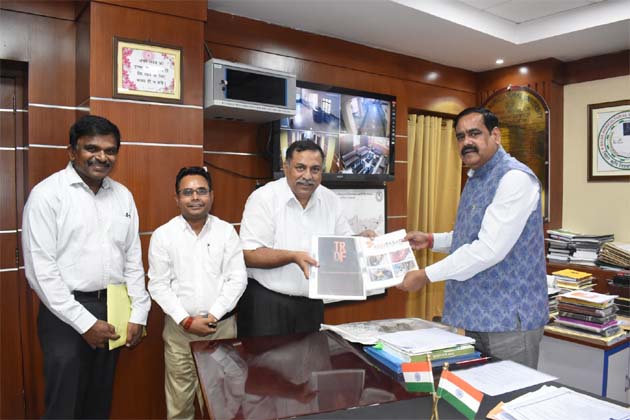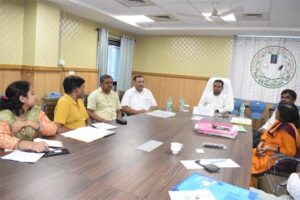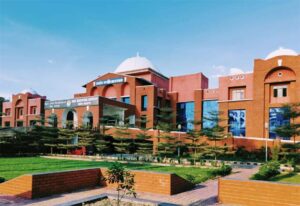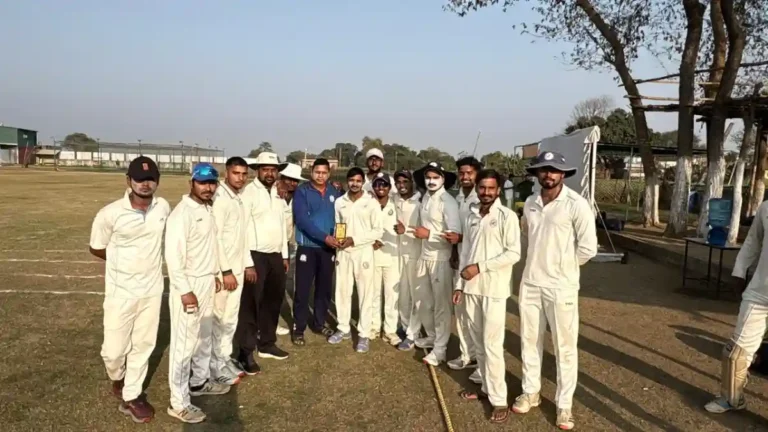
By Avijit Biswas
Bhagalpur: Bihar Agricultural University (BAU), Sabour, is actively engaging in the revival of the local silk industry by addressing the issue of availability of cocoons and silk yarn, which has been a significant constraint in its development.
To tackle this challenge, the university plans to train females in rural areas in the production of silk raw materials such as cocoons and yarn. Collaborating with ECO Tasar Silk Pvt. Ltd., a company specializing in silk fabric production, BAU aims to assist in the revival of the local silk industry.
A meeting was convened at the university to draft a work plan for skill development among rural women. Chaired by Vice Chancellor D.R. Singh, the meeting was attended by Chhitis Pandaya, Managing Director of ECO Tasar Pvt. Ltd., along with other university officials.

The focus of the meeting was to discuss the work plan’s modalities with the dual objectives of revitalizing the local silk industry and empowering rural women economically through cocoon and yarn production. K. Satyanaryana, Principal of Dr. Kalam Agriculture College, Kishanganj, and scientists from the college, engaged in detailed discussions with the managing director of ECO Tasar Pvt. Ltd. regarding the practical execution of the plan.
During the discussion, the quality requirements of local silk yarn were also addressed, acknowledging that yarn shortage has been a major hurdle faced by the local industry. Despite high demand for local silk, particularly Tasar silk, both domestically and internationally, production has struggled to meet demand due to yarn scarcity.

To address this issue, BAU plans to establish a center for empowering female farmers, equipped with facilities for training related to the silk industry and other agriculture-based sectors. This initiative aims to promote cocoon and yarn production among rural women, thereby aiding in the revival of the local silk industry.
Furthermore, it was decided in the meeting to organize a demonstration program on cocoon and yarn production at Krishi Vigyan Kendra, Banka, as a practical step towards industry revival. Additionally, subsidies ranging from four lakhs to twenty-five lakhs will be provided to silk entrepreneurs under the Sabour Agri Incubators (SABAGRIs) scheme, further facilitating the revival efforts.
The university officials present, including Anil Kumar Singh, Director of Research, expressed their commitment to these initiatives aimed at rejuvenating the local silk industry.






